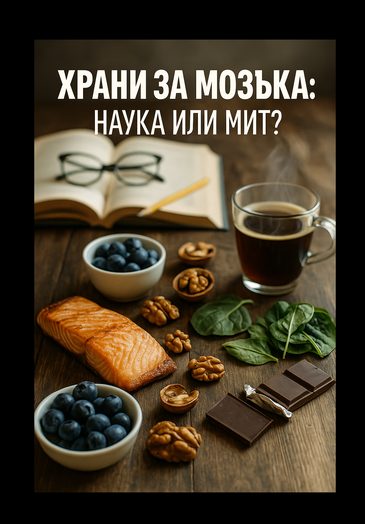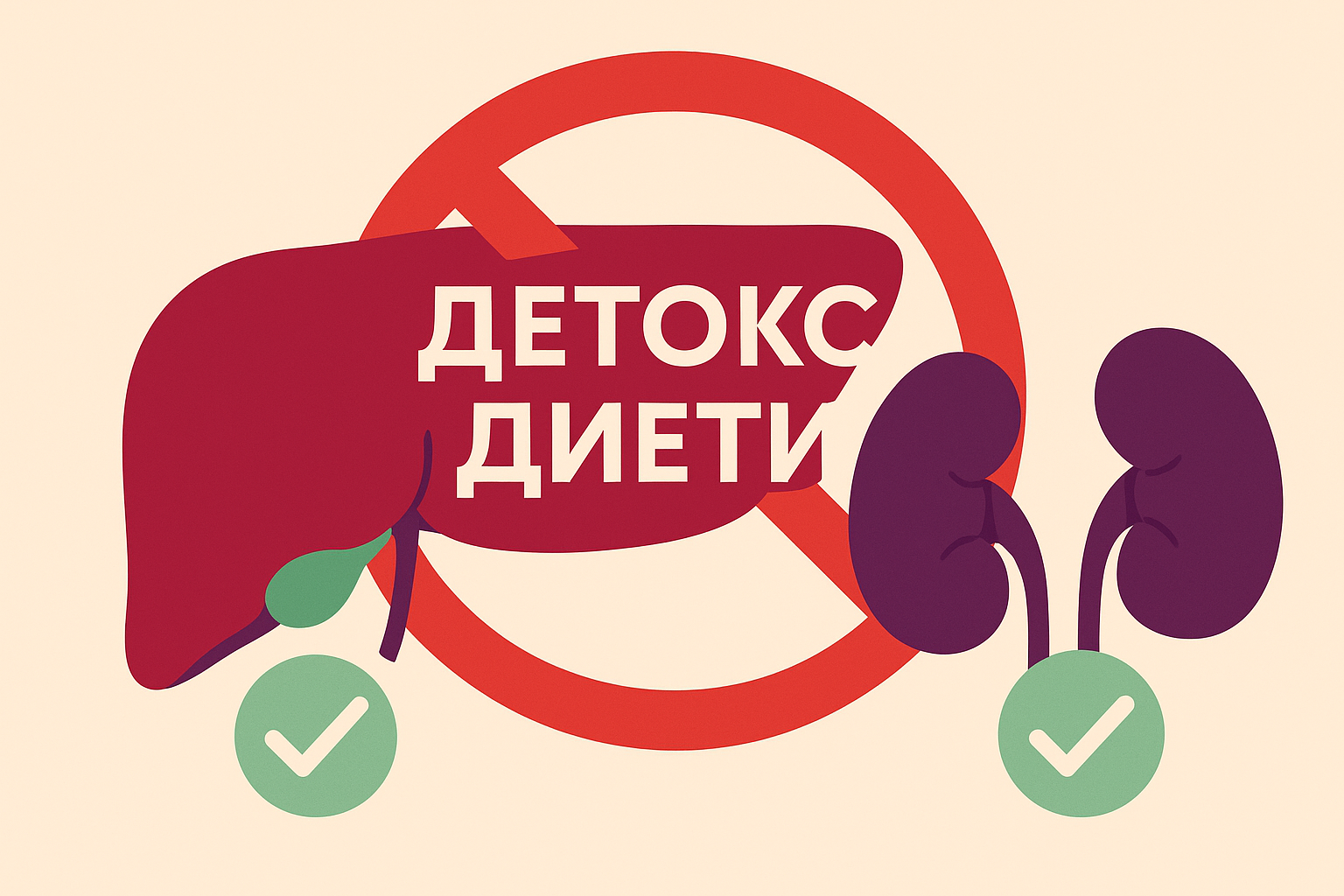Brain foods: science or myth?
“Brain foods” is a buzzword for foods that claim to boost memory, focus or slow cognitive decline. In reality, experts say no single “superfood” guarantees a sharp mind. As Harvard Health notes, “there is no magic pill to prevent cognitive decline, [and] no single almighty brain food can ensure a sharp brain”. Instead, the best approach is an overall healthy diet – rich in fruits, vegetables, whole grains, legumes and healthy fats (like olive oil) – the same foods that support heart health. For example, NIH studies of Mediterranean-style diets (high in vegetables, fish, nuts and olive oil) found that adults following this pattern had slower age-related brain decline: those eating the most fish had “the slowest rate of brain function decline”. Similarly, the MIND diet (a mix of Mediterranean and DASH) – emphasizing leafy greens, berries, whole grains, fish and nuts – was linked to a 4% lower risk of cognitive impairment in high-adherers. In short, experts agree a balanced diet and lifestyle matter more for brain health than any single food.

Omega-3s from Fish and Fatty Acids
Fatty fish (salmon, mackerel, herring, sardines) are often touted for brain health because they contain omega-3 fatty acids (DHA and EPA), which are vital to brain cell membranes. Animal and observational studies suggest omega-3s support neural connections and reduce inflammation. Harvard Health recommends “fatty fish… at least twice a week” to get these omega-3s, noting links between fish oil and lower levels of Alzheimer’s-related beta-amyloid protein. However, high-quality trials in humans offer a mixed picture. A Cochrane review of older adults found no clear cognitive benefit from omega-3 supplements: people taking fish-oil capsules did not show better memory or thinking scores than those taking placebo. In other words, while eating fish is heart-healthy (and may help the brain indirectly), popping omega-3 pills has not been proven to boost cognition in healthy elders.

Berries and Other Plant Foods
Berries (blueberries, strawberries) and other colorful fruits and vegetables are rich in flavonoids and antioxidants. These compounds may help protect brain cells from oxidative stress and inflammation. In lab studies, berry flavonoids appear to interact with brain proteins to support memory and plasticity. Human studies hint at modest benefits: for example, Harvard Health cites a long-term study where older women eating two or more servings of berries per week experienced “delayed memory decline by up to two-and-a-half years” compared to low consumers. The idea is that anthocyanins (the pigments giving berries their color) help maintain blood flow and cell signaling in the brain.

Nuts and Healthy Fats
Nuts (especially walnuts) provide healthy unsaturated fats, protein and antioxidants. Walnut fans point to a UCLA study, noted by Harvard Health, which linked higher walnut consumption to “improved cognitive test scores”. Walnuts are particularly rich in alpha-linolenic acid (ALA), a plant omega-3. Diets high in ALA have been associated with better vascular health (lower blood pressure and cleaner arteries), which in turn supports brain function. Other nuts (almonds, hazelnuts) and seeds also supply vitamin E and polyphenols that may protect neurons. While no single study proves nuts prevent dementia, evidence suggests that regularly eating a handful of nuts is associated with better brain and heart health overall.

Chocolate, Coffee and Tea
Chocolate (specifically dark cocoa) contains flavanols that in theory could improve blood flow and reduce inflammation in the brain. Small short-term studies have found that consuming high-flavanol dark chocolate can transiently improve memory or reaction time compared to low-flavanol controls. However, the data are mixed. A Harvard review concluded that cocoa studies are “encouraging and intriguing, [but] more research is needed,” since most trials have been small and short. In practical terms, dark chocolate has antioxidants, but it’s also high in sugar and fat. As the Harvard doctor wryly noted, even if dark chocolate is good for the brain, it’s “unlikely that doctors will recommend a Godiva bar a day”.

Turmeric and Other Spices
Turmeric (curcumin) has been hyped as a super-spice for brain health because of its anti-inflammatory and antioxidant properties. In rodents, curcumin can improve memory tasks and reduce Alzheimer-like plaques. But human evidence is scant. Very few large trials have tested curcumin’s cognitive effects, and results are mixed. Some small studies suggest possible benefits in working memory or processing speed, but others show no effect. A recent systematic review noted that curcumin had “antioxidant and anti-inflammatory properties” making it a “promising candidate” for cognitive health, but also emphasized that data are limited and more clinical trials are needed. In practical terms, adding turmeric to your diet is safe in moderation, but don’t expect it to prevent forgetfulness. As one expert put it about foods in general, “these benefits are hard to prove and studies have been inconclusive at best”.

Diet Patterns and Lifestyle
Rather than focus on single items, researchers stress whole-diet patterns and lifestyle. The NIH-funded MIND and Mediterranean diet studies both highlight that vegetables, fruits (especially berries), whole grains, nuts and fish are common threads for cognitive health. It’s also essential to limit processed foods, red meat and excess sugar. And critically, lifestyle factors matter a great deal. Harvard experts note that “regular exercise, choosing a healthy diet, maintaining normal blood pressure, not smoking, and drinking only in moderation” are the top preventive measures for preserving brain function. Challenging your mind (learning, puzzles) may help a bit in the moment, but there’s no substitute for a healthy body and brain environment.
Takeaway
In summary, many so-called brain foods are simply healthy foods. Omega-3–rich fish, leafy greens, berries, nuts and even coffee or tea have nutrients that can support brain cells and circulation. Studies suggest regular fish intake and plant-rich diets are linked to slower mental aging. On the other hand, the most glamorous claims – super-high doses of antioxidants, turmeric supplements or sugar-packed chocolate bars – have little convincing evidence in humans. The best strategy is an overall balanced diet plus brain-healthy habits. As NIH and Harvard experts emphasize: invest in a Mediterranean/MIND-style diet, stay active, and follow good medical advice. That combination, not any “magic food,” is the most evidence-backed way to keep your mind sharp over the years.

Soveid N, Barkhidarian B, Moradi S, Gholami F, Rasaei N, Himmerich H, Mirzaei K. The Potential Effect of Blueberry on Cognitive Health and Mood State based on Human Intervention Studies: Systematic Review and Mini Meta-Analysis. CNS Neurol Disord Drug Targets. 2023;22(7):1090-1101. doi: 10.2174/1871527321666220608085852. PMID: 35676847.




Comments